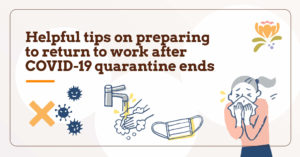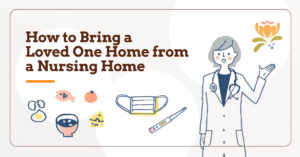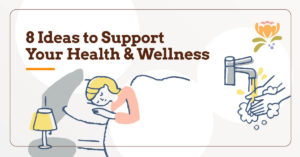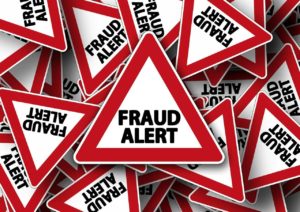Shingles is a disease that affects your nerves. It can cause burning, shooting pain, tingling, and/or itching, as well as a rash and blisters. The rash usually runs along an inflamed nerve and develops on one side of the body or face.
Shingles is caused by the varicella or chicken pox virus. After a person has chickenpox the virus remains dormant in the body. If it becomes reactivated it presents as shingles. Most people report extreme pain and an intense, burning, tingling sensation. Sometimes the pain feels stabbing. The pain remains continuous during the course of the shingles.
Shingles and Seniors: Symptoms
- Burning, tingling, or numbness of the skin
- Feeling sick—chills, fever, upset stomach, or headache
- Fluid-filled blisters
- Skin that is sensitive to touch
- Mild itching to strong pain
About 2-3 days after the first symptom appears, usually a burning sensation on the skin, small bumps and strips of inflamed patches appear across the back, around the waist and sometimes near the eye. In 3-5 days the bumps fill with fluid and look like chickenpox. Two to three weeks later the blisters fill with pus, break open and crust. At four to five weeks the crusts fall off, the pain and itching disappear. In some cases the pain continues due to a complication called post-herpetic neuralgia.
Shingles cannot be transmitted, but anyone with shingles can, in the early stage before blisters develop, transmit the chickenpox virus.
Shingles and Seniors: Treatment and Prevention
When treating shingles, keep the rash covered with a nonstick bandage. Discourage the patient from touching or itching the rash. Your doctor may recommend wet compresses, calamine lotion and colloidal oatmeal baths. The patient and all caregivers should wash their hands frequently.
There are two vaccines to discuss with your doctor that can help prevent shingles: the chicken pox vaccine and the shingles vaccine.
Chickenpox vaccine. Routinely given to children, it is recommended to older children and adults who never had chickenpox. It does not provide 100 percent immunity, but it does reduce the risk of complications and the severity of the disease.
Shingles Vaccine. The FDA has approved this vaccine for anyone over 50 years of age. The CDC highly recommends the vaccine for everyone 60 years and older. The National Institute on Aging also recommends the shingles vaccine. “Most people age 60 and older should get vaccinated. You should get the shot even if you already had shingles or don’t remember having chickenpox. However, if you have a weak immune system or allergies to certain medicines, make sure to check with your doctor first.”
Important facts to consider:
- One out of every three people 60 years and older will get shingles.
- One out of six people older than 60 years who gets shingles will have severe pain. The pain can last months or even years.
Shingles and seniors is a very serious topic. If you suspect you or a senior loved one has shingles, call your doctor immediately. For more information about senior in home care, please contact Assisted Living Services.





